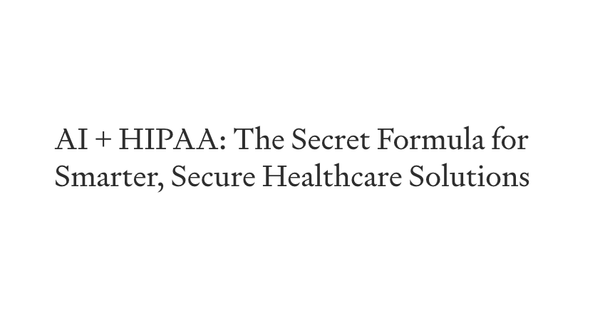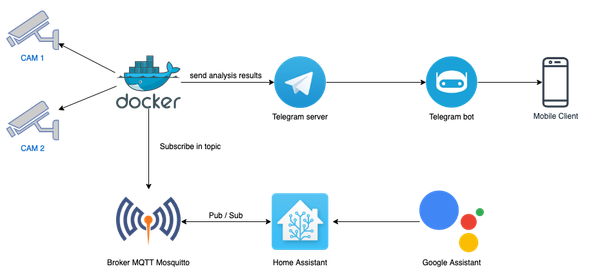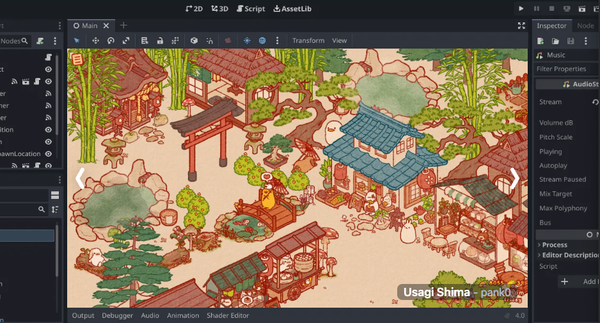What is a Patient Portal? Benefits and Challenges
Table of Content
A patient portal is a valuable tool that allows patients to access their personal health information at any time and from any place with an internet connection.
This can be especially convenient for patients with busy schedules, as they can review their medical records, test results, and appointment schedules without having to take time off work or make a special trip to the doctor's office.
In addition, patient portals can help improve communication between patients and their healthcare providers by allowing patients to easily send messages and ask questions.
This can help ensure that patients are better informed about their health and can make more informed decisions about their care. Overall, patient portals are an important part of modern healthcare and can help patients take control of their health and well-being.
Benefits of using a patient portal
Some benefits of using a patient portal include:
- Convenient access to health information: Patients can view their medical records, test results, and other health information online without having to call their provider or visit the office.
- Improved communication with healthcare providers: Patients can send messages to their healthcare providers, request prescription refills, and schedule appointments online.
- Increased patient engagement and empowerment: Patients can take an active role in their healthcare by tracking their health status, setting health goals, and accessing educational resources.
- Enhanced care coordination: Patient portals can improve communication and collaboration among healthcare providers, leading to more coordinated and efficient care.
However, there are also some challenges associated with patient portals, including:
Challenges of using a patient portal
- Limited access for some patients: Not all patients have access to the internet or are comfortable using online portals, which can limit the usefulness of this tool.
- Privacy and security concerns: Patient portals must adhere to strict privacy and security regulations to protect patients' personal health information.
- Technical difficulties: Patients may experience technical difficulties or issues with the portal, which can be frustrating and time-consuming to resolve.
- Potential for information overload: Patients may become overwhelmed by the amount of health information available on the portal, which can lead to confusion or anxiety.
Overall, patient portals have the potential to improve patient engagement, communication, and care coordination. However, it is important for healthcare providers to address the challenges associated with patient portals to ensure that they are effective and useful tools for patients.










